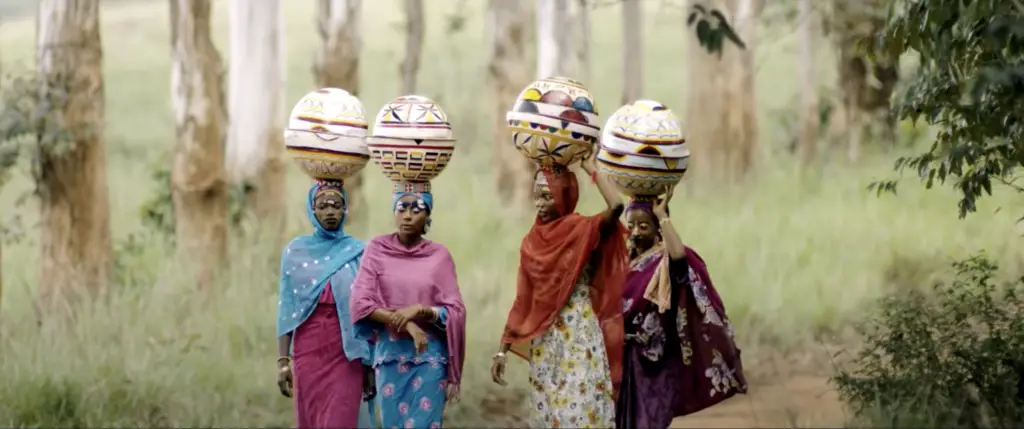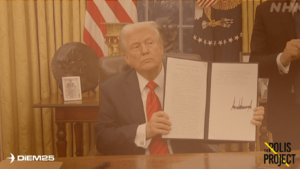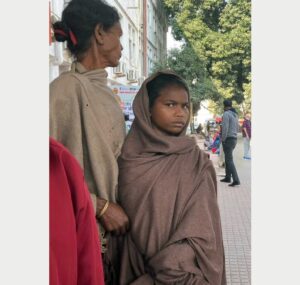
From The Milkmaid to Gangs Of Lagos: How Nigerian Filmmakers Are Using Cinema To Push Back Politically

In 2020, Nigeria’s legislature proposed the Motion Picture Council of Nigeria (MOPICON) Bill, which would give the government the power to license filmmakers and revoke permits for content deemed “unfit for public consumption.” Though framed as a regulatory measure, critics warned it would institutionalize censorship, allowing officials to suppress films exposing corruption or state violence. That same year, the National Film and Video Censors Board (NFVCB) heavily censored Desmond Ovbiagele’s Oscar-submitted film The Milkmaid (2020), claiming some scenes were too graphic or controversial. The film allegorizes the Boko Haram insurgency through the character of Aisha (Anthonieta Kalunta), a Fulani milkmaid searching for her sister in a terrorist camp. Years later, censorship concerns resurfaced with Gangs of Lagos (2023). While the NFVCB could not ban the film since it was released on a streaming platform, it faced backlash for its portrayal of the Eyo Masquerade as a violent gang symbol, which…
Related Posts


Donald Trump’s Master Economic Plan I Opinion by Yanis Varoufakis




